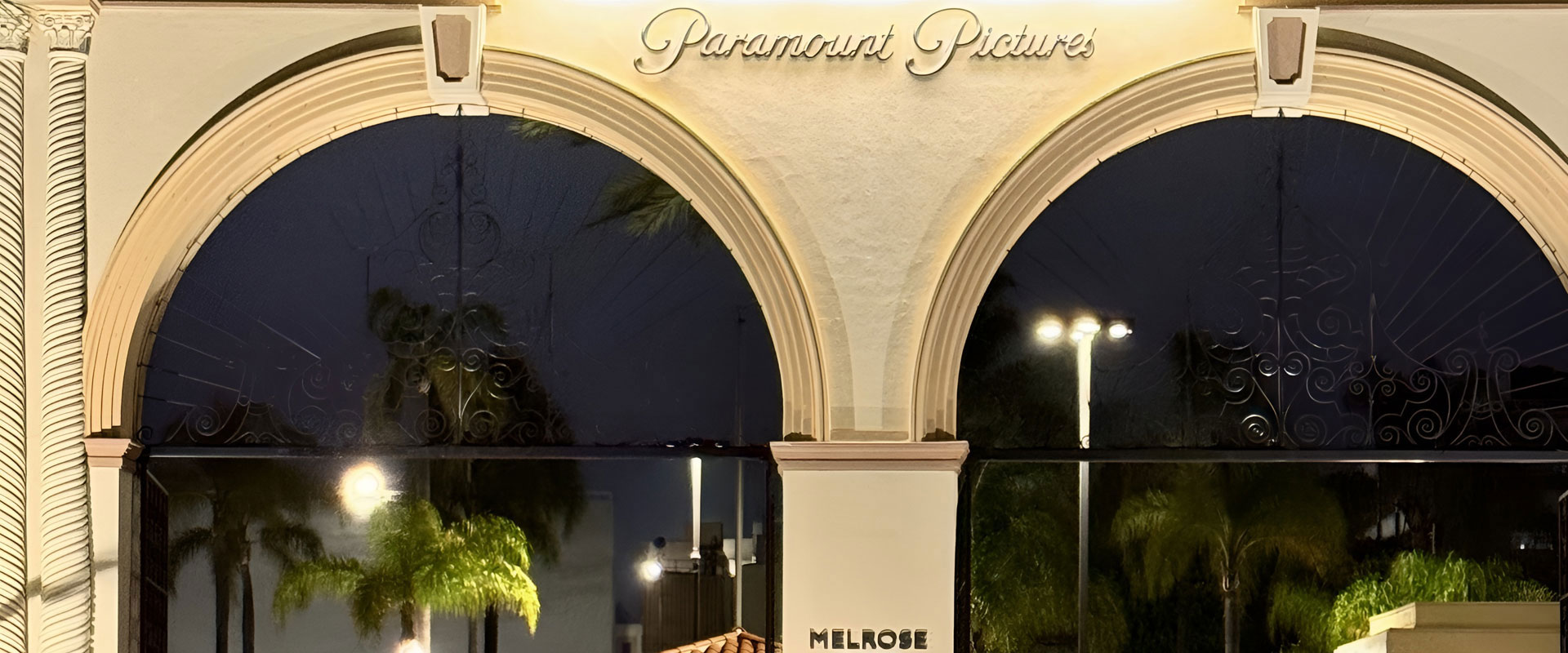Hollywood Turns to the FBI Against Piracy
Pirates abound on the internet, with illegal streaming sites offering a stolen lineup of TV shows and movies larger than the combined catalogs of Netflix, Hulu, and Amazon’s Prime Video. These operations are becoming increasingly sophisticated, moving overseas and taking advantage of the rising popularity of streaming to steal more content. In response, entertainment companies—under pressure from Wall Street—are striving to catch up. Hollywood is hopeful that shutting down these illegal sites could attract new customers to legitimate services.
On Monday, the Motion Picture Association, representing Netflix, Disney, NBCUniversal, Warner Bros. Discovery, and other companies, announced the hiring of Larissa L. Knapp, a 27-year veteran of the F.B.I., to lead their efforts and renew a push for federal legislation to combat online piracy abroad. “We’re a long way from guys on street corners selling counterfeit DVDs. This is global organized crime. The people stealing our movies and television shows are also involved with sex trafficking, money laundering—all the ills of society,” said Charles H. Rivkin, chairman and chief executive of the Motion Picture Association, in an interview with The New York Times.
Ms. Knapp is well-suited to the role of hunting down these criminals. During her tenure at the bureau, she held senior positions in national security, counterterrorism, intelligence, and cybersecurity. Beginning as a special agent investigating computer hacking and intellectual property crimes, she eventually became the FBI’s fourth-highest-ranking official and its highest-ranking woman.
The association’s antipiracy effort, known as ACE (Alliance for Creativity and Entertainment), was established in 2017 and consists of over 50 media companies worldwide. Previously conducting about a dozen antipiracy actions annually, the Motion Picture Association now executes a dozen or more actions weekly. According to Mr. Rivkin, there were 1,400 illegal streaming sites in North America in 2019; today, that number has dwindled to around 200. The battle against piracy remains challenging, particularly in Asia. “The top three English-language piracy sites are all located in Vietnam,” noted Mr. Rivkin.
The Motion Picture Association seeks legislative support from Capitol Hill. SStudios are pushing for a law that would let them, overseen by a federal judge, make internet providers block overseas piracy sites. A similar attempt in 2012 with the Stop Online Piracy Act (SOPA), which also aimed at overseas sites, got blocked by Google and other tech giants who said it could lead to government censorship of the internet. Will Hollywood be strong enough to prevail over Silicon Valley, more than a decade later?
Source: Nyt
Share:
Pirates abound on the internet, with illegal streaming sites offering a stolen lineup of TV shows and movies larger than the combined catalogs of Netflix, Hulu, and Amazon’s Prime Video. These operations are becoming increasingly sophisticated, moving overseas and taking advantage of the rising popularity of streaming to steal more content. In response, entertainment companies—under pressure from Wall Street—are striving to catch up. Hollywood is hopeful that shutting down these illegal sites could attract new customers to legitimate services.
On Monday, the Motion Picture Association, representing Netflix, Disney, NBCUniversal, Warner Bros. Discovery, and other companies, announced the hiring of Larissa L. Knapp, a 27-year veteran of the F.B.I., to lead their efforts and renew a push for federal legislation to combat online piracy abroad. “We’re a long way from guys on street corners selling counterfeit DVDs. This is global organized crime. The people stealing our movies and television shows are also involved with sex trafficking, money laundering—all the ills of society,” said Charles H. Rivkin, chairman and chief executive of the Motion Picture Association, in an interview with The New York Times.
Ms. Knapp is well-suited to the role of hunting down these criminals. During her tenure at the bureau, she held senior positions in national security, counterterrorism, intelligence, and cybersecurity. Beginning as a special agent investigating computer hacking and intellectual property crimes, she eventually became the FBI’s fourth-highest-ranking official and its highest-ranking woman.
The association’s antipiracy effort, known as ACE (Alliance for Creativity and Entertainment), was established in 2017 and consists of over 50 media companies worldwide. Previously conducting about a dozen antipiracy actions annually, the Motion Picture Association now executes a dozen or more actions weekly. According to Mr. Rivkin, there were 1,400 illegal streaming sites in North America in 2019; today, that number has dwindled to around 200. The battle against piracy remains challenging, particularly in Asia. “The top three English-language piracy sites are all located in Vietnam,” noted Mr. Rivkin.
The Motion Picture Association seeks legislative support from Capitol Hill. SStudios are pushing for a law that would let them, overseen by a federal judge, make internet providers block overseas piracy sites. A similar attempt in 2012 with the Stop Online Piracy Act (SOPA), which also aimed at overseas sites, got blocked by Google and other tech giants who said it could lead to government censorship of the internet. Will Hollywood be strong enough to prevail over Silicon Valley, more than a decade later?
Source: Nyt









